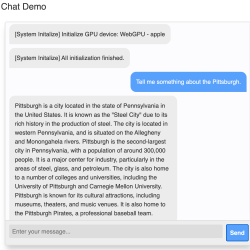Recently, an amusing anecdote made the news headlines pertaining to the use of ChatGPT by a lawyer. This all started when a Mr. Mata sued the airline where years prior he claims a metal serving cart struck his knee. When the airline filed a motion to dismiss the case on the basis of the statute of limitations, the plaintiff’s lawyer filed a submission in which he argued that the statute of limitations did not apply here due to circumstances established in prior cases, which he cited in the submission.
Unfortunately for the plaintiff’s lawyer, the defendant’s counsel pointed out that none of these cases could be found, leading to the judge requesting the plaintiff’s counsel to submit copies of these purported cases. Although the plaintiff’s counsel complied with this request, the response from the judge (full court order PDF) was a curt and rather irate response, pointing out that none of the cited cases were real, and that the purported case texts were bogus.
The defense that the plaintiff’s counsel appears to lean on is that ChatGPT ‘assisted’ in researching these submissions, and had assured the lawyer – Mr. Schwartz – that all of these cases were real. The lawyers trusted ChatGPT enough to allow it to write an affidavit that they submitted to the court. With Mr. Schwartz likely to be sanctioned for this performance, it should also be noted that this is hardly the first time that ChatGPT and kin have been involved in such mishaps.
Continue reading “ChatGPT V. The Legal System: Why Trusting ChatGPT Gets You Sanctioned”


















